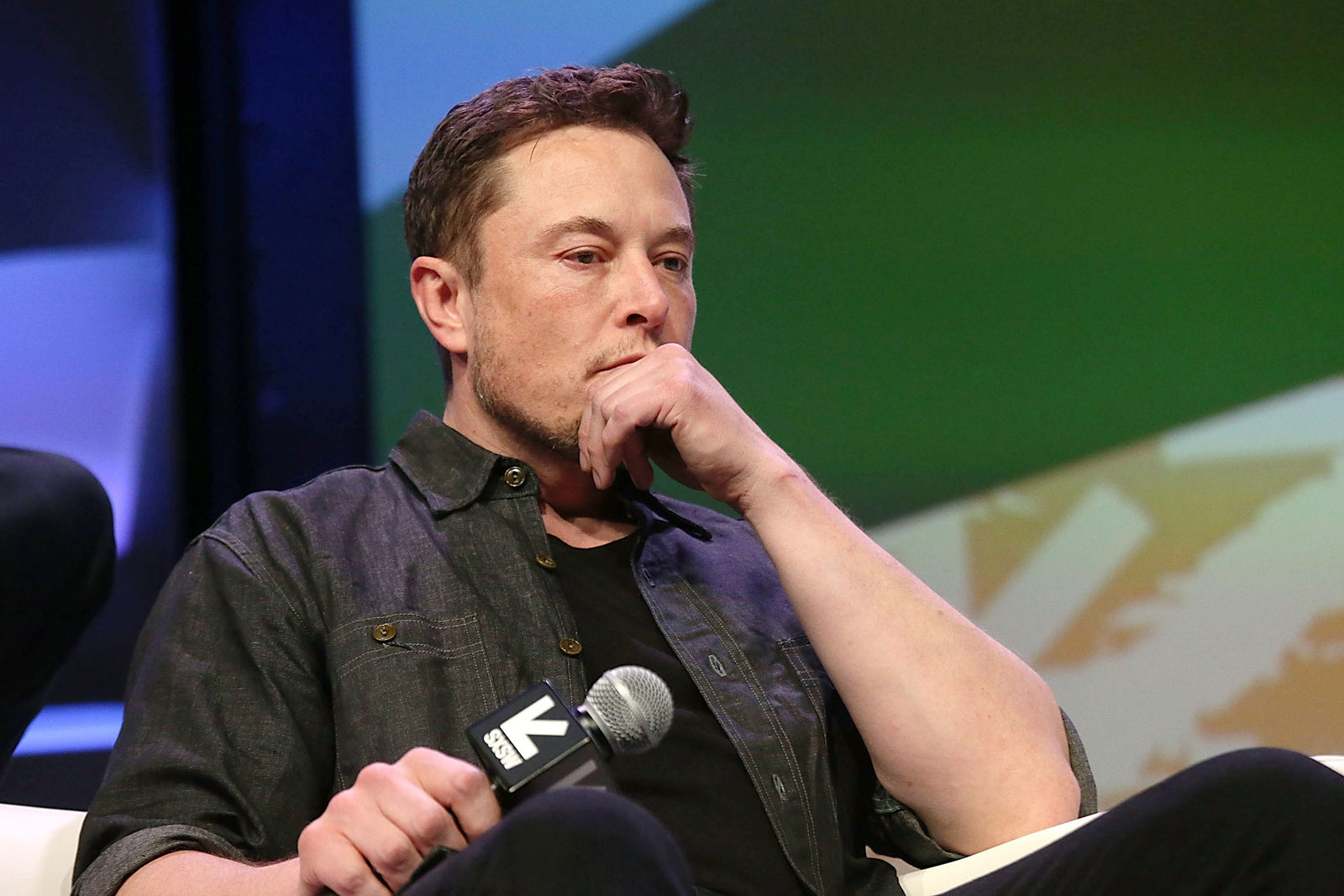Elon Musk, the founder and CEO of Tesla and SpaceX, recently made a controversial statement on Twitter claiming that the health risks associated with obesity almost certainly outweigh those associated with the use of GLP-1 receptor agonists, a class of medication that lowers blood sugar and promotes weight loss.
Musk's tweet, which garnered more than 100,000 likes and 20,000 retweets on Twitter, read, "The diet pill Ozempic actually impacted food sales at Walmart, and obesity is a leading cause of death and disease worldwide.GLP-1 receptor agonists have been shown to help with weight loss and treatment of diabetes. The side effects are minimal compared to the benefits. Don't let fear stop you from living a healthier life."
GLP-1 receptor agonists are a class of injectable drugs that mimic the effects of a natural hormone called glucagon-like peptide-1 (GLP-1), which stimulates insulin secretion, reduces appetite and slows gastric emptying. They are primarily used to treat type 2 diabetes, but the U.S. Food and Drug Administration (FDA) has approved some of them for obesity treatment.
According to a systematic review and network meta-analysis of randomised controlled trials published in The Lancet, amphetamine o-formate and GLP-1 receptor agonists appear to be the most effective drugs for treating weight loss in overweight and obese adults. In particular, the GLP-1 receptor agonist semagliptin performed particularly well, providing much greater benefit than the other drugs.
However, GLP-1 receptor agonists are not without risk. Some common side effects include nausea, vomiting, diarrhoea, constipation, headache, injection site reactions and hypoglycaemia. More serious but rare complications include pancreatitis, gallbladder disease, kidney problems, thyroid tumours and allergic reactions.
Musk's tweet sparked a heated debate between his followers and the public. Some praised him for raising awareness about obesity and encouraging people to seek medical help. Others criticised him for oversimplifying a complex issue and promoting the drug without sufficient evidence or medical expertise.
Dr David Hope, a researcher at Imperial College London who studies GLP-1/glucagon co-agonism as a treatment strategy for obesity, said Musk's statement was "misleading and irresponsible". He said that although GLP-1 receptor agonists have shown promising results in clinical trials, they are not a panacea for obesity. Obesity is a multifactorial disease that requires a comprehensive approach, including lifestyle changes, behavioural therapy, medication and surgery, he said.
"GLP-1 receptor agonists are not for everyone. They have contraindications, interactions and limitations. In addition, they require regular injections and monitoring by a healthcare professional. They are not a substitute for a healthy diet and physical activity," Dr Hope said.
He added that obesity is associated with many health problems such as high blood pressure, high cholesterol, type 2 diabetes, heart disease, stroke, gallbladder disease, osteoarthritis, respiratory problems, joint problems, and certain cancers.34 He said weight loss can reduce the risk of developing these diseases and improve quality of life.
"Obesity is a serious public health challenge that needs to be addressed with evidence-based interventions.GLP-1 receptor agonists are one option, but they are not the only or best option. Those interested in using them should consult their doctor and carefully weigh the pros and cons," said Dr Hope.

